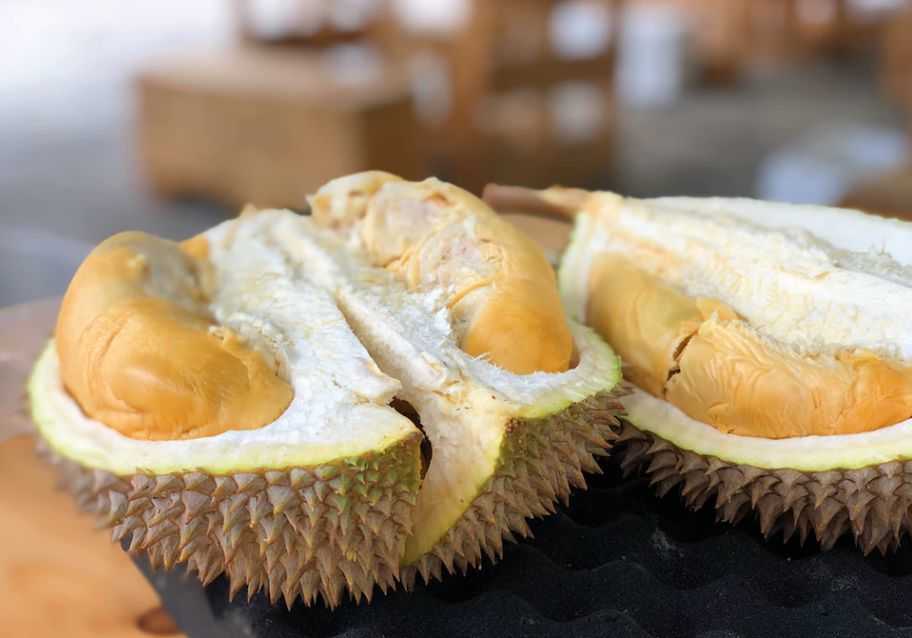Search for information
In Cambodia, Finishing Your Plate Isn't a Sign of AppreciationWhen visiting Cambodia, travelers may encounter a surprising cultural difference at the dining table. Unlike in many other parts of the world where "clean - plate campaigns" are encouraged as a sign of appreciation for the food served, in Cambodia, finishing everything on your plate can send the wrong message.
May 16, 2025, 3:02 pm EDT

Source: Images from the Internet, if there is any infringement, please contact the removal of

Compound Archery to Debut at 2028 LA Olympics
Compound archery will make its Olympic debut at the 2028 Los Angeles Olympics. The event will be held at the Dignity Health Sports Park in Carson, along with other archery events. As the home stadium of the LA Galaxy soccer team, the 27,000 - seat venue will welcome top athletes from around the world to compete for gold medals. Tom Dielen, the secretary - general of the World Archery Federation, said in a press release last week that the 2028 LA Olympics is expected to be a milestone event for the archery sport. The Dignity Health Sports Park is an excellent choice,more

Modern Pentathlon Loses 8 Spots for 2028 Olympics
Despite being retained on the programme of the 2028 Los Angeles Olympics, the modern pentathlon will see its athlete quota reduced from 72 to 64. Among the 31 sports set to continue in the 2028 Games, only surfing (with 48 athletes) has a smaller entry, yet modern pentathlon has been an Olympic sport since 1912.more

Maldives: Home to the World's Largest Seed
The Maldives, a tropical paradise renowned for its crystal - clear waters and idyllic beaches, is also home to a botanical wonder—the world's largest seed. This remarkable seed belongs to the Coco de Mer palm, which is primarily found on the Seychelles islands, but has a significant connection to the Maldives through trade and cultural history.more

Ukrainian Traditional Hairstyle: The Distinctive Single Lock of Hair
In Ukraine, there exists a unique and eye - catching traditional hairstyle that has a long - standing history. This style features a man with most of his head closely shaven, while a single lock of hair gracefully hangs down.more

Durian Consumption Banned in Some Public Spaces in Brunei, Indonesia and Malaysia
Brunei, Indonesia and Malaysia, despite being significant producers of the much - loved "king of fruits" - the durian, have imposed bans on consuming this unique fruit in certain public areas.more

Tchia: A Unique Open-World Action-Adventure Game Explained
Tchia: A Unique Open-World Action-Adventure Game Explainedmore

A Comprehensive Analysis of Cathay Pacific's Response to a Major Airbus Engine Failure
A Comprehensive Analysis of Cathay Pacific's Response to a Major Airbus Engine Failuremore

A Strategic Game Set to Release on April 24, 2025: "Extreme × Despair" - A Thrilling ADV
A Strategic Game Set to Release on April 24, 2025: "Extreme × Despair" - A Thrilling ADVmore

